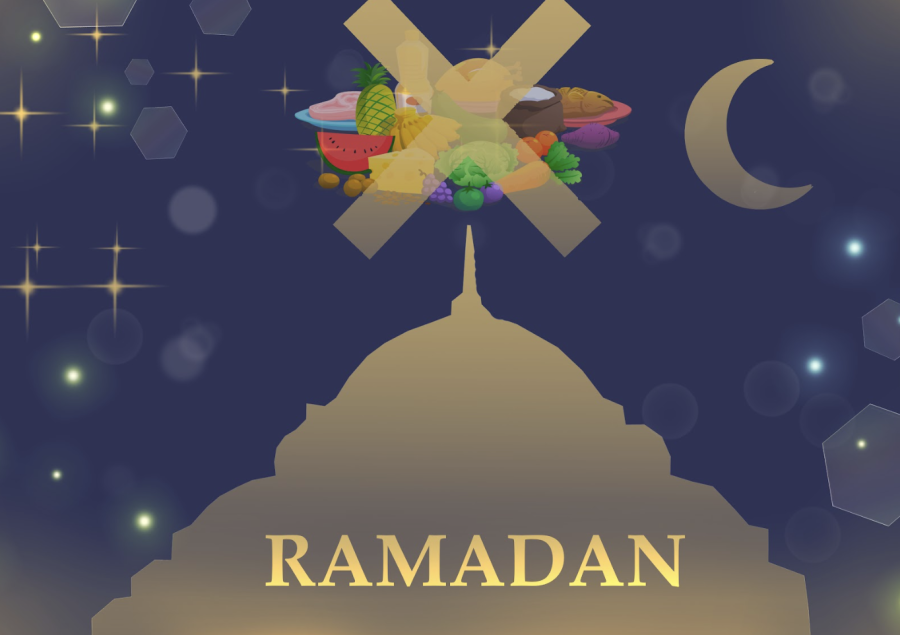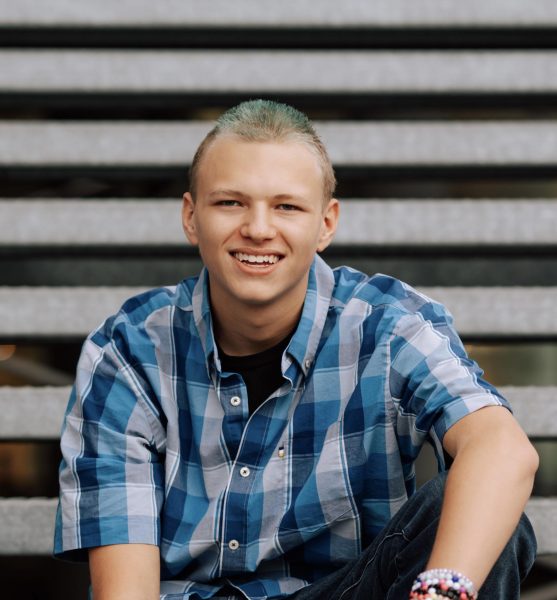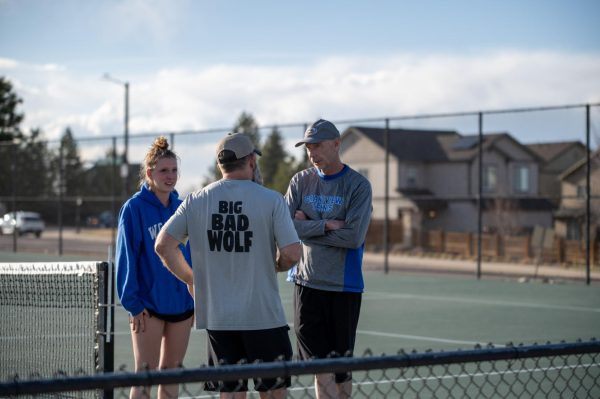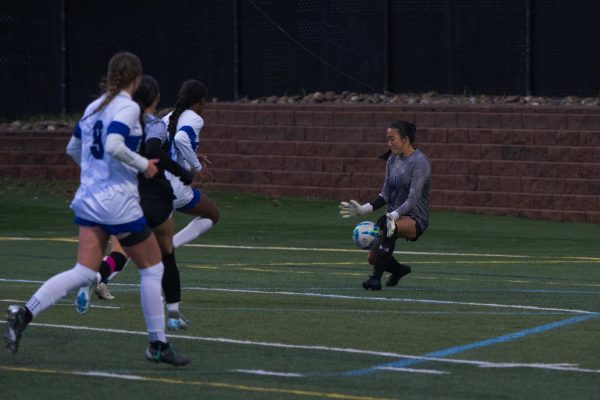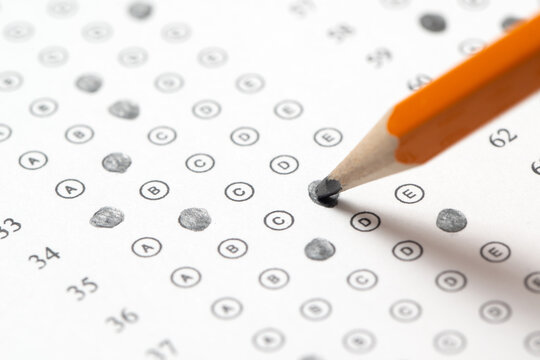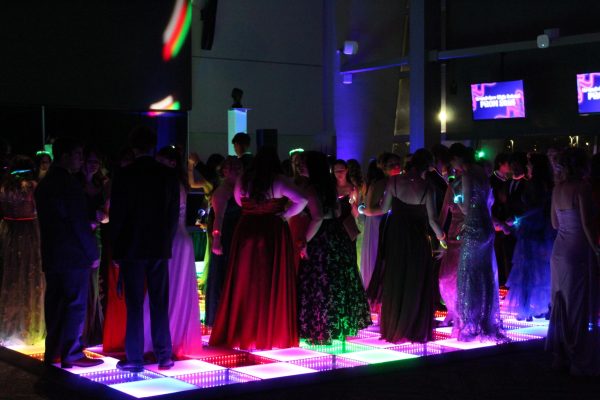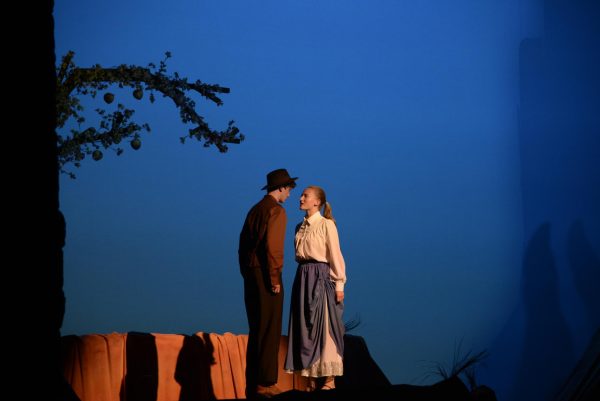Ramadan: The Holy Month in Islam
“To me, Ramadan is all about becoming a better Muslim,” Abdul said. “It’s all about being good and being able to quit old habits.”
With over 1.8 billion Muslims worldwide, Islam is the second most prevalent religion after Christianity. The birth of Islam is commonly dated to the 7th century, making it the most recent of the main world faiths, but having older origins. Islam started in Mecca, in modern-day Saudi Arabia, during the time of the prophet Muhammad’s life. The faith is very quickly gaining ground around the globe.
The word “Islam” means “submission to the will of God.” Muslims are monotheistic and worship one, all-knowing God, who in Arabic is known as Allah. Followers of Islam aim to live a life of complete submission to Allah. They believe that nothing can happen without Allah’s permission, but humans have free will. Islam teaches that Allah’s word was revealed to the prophet Muhammad through the angel Gabriel.
The Quran (sometimes spelled Koran) is considered the holy book among Muslims, it contains revelations given to the prophet Muhammad who was essentially the messenger, meaning he spread the word of Allah.
Muslims follow five basic pillars that are essential to their faith.
Shahada: to declare one’s faith in God and belief in Muhammad,
Salat: to pray five times a day (at dawn, noon, afternoon, sunset, and evening)
Zakat: to give to those in need.
Sawm: to fast during Ramadan and
Hajj: to make a pilgrimage to Mecca at least once during a person’s lifetime if the person is able.
Most may ask what Ramadan is. Well, Ramadan occurs in the ninth month of the Muslim calendar and is the holy month of fasting. It begins and ends with the appearance of a crescent moon.
Ramadan is a time for reflection, praying in the mosque, and reading from the Qur’an. Those who celebrate the holy month with fasting, prayer, and sincere desire get God’s pardon for their prior sins.
After the sunset prayer, Muslims gather in their homes or mosques (place of worship) to break their fast with a meal called iftar which is often shared with friends and extended family. The ifṭār usually begins with dates, as was the custom of Muhammad, or apricots and water or sweetened milk. There are additional prayers offered at night called the tawarīḥ prayers, preferably performed in congregation at the mosque.
This is how all Muslims participate in Ramadan but let’s look into how certain families do it. Freshman Khaled Ajour is a Sunni Muslim which is a type of Muslim that focuses on the prophets’ doings rather than the lineage of the prophet’s family.
“Every year for Ramadan after every sunset prayer my family and I get together and cut our fast with dates and coffee,” Ajour said.
It is common for Muslims to cut their fast with dates but the rest should be strategic thinking.
“Usually we try to stay away from foods with salt and caffeinated drinks,” Ajour said. “We try to eat more carbohydrates and fibers so we can stay full throughout the day.”
Eid al-Fitr or the Festival of Sweets is the earlier of the two official holidays celebrated within Islam. The religious holiday is celebrated by Muslims worldwide because it marks the end of the month-long dawn-to-sunset fasting of Ramadan. “ During Eid al Fitr my parents usually let me stay home from school and I sometimes get presents because, after a month of fasting, we believe a break is needed,” Buraq Abdul said. Abdul is a Shia Muslim which is a type of Muslim that follows the lineage of the prophet rather than the doings of the prophet.
“For Ramadan, we usually just wait till sunset and eat but what I like to do is go out and get food after the sunset prayer and sometimes [play basketball,]” Abdul said.
After a long day of fasting, it is a good time to go out and get food or go to the gym but that’s not what Ramadan is about.
“To me, Ramadan is all about becoming a better Muslim,” Abdul said. “It’s all about being good and being able to quit old habits.”
What grade are you in?
I am in 10th grade.
How many years you been on staff?
This is my second year on staff.
What are you looking forward...


